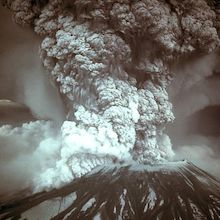
by Chris Tachibana | Jun 2, 2020 | ScienceWire
Steve Olson knows a thing or two about volcanoes. He wrote Eruption: The Untold Story of Mount St. Helens, the Washington State Book Award winner for Non-Fiction in 2017. On the 40th anniversary of the mountain’s eruption, Steve wrote an opinion piece for the Seattle...
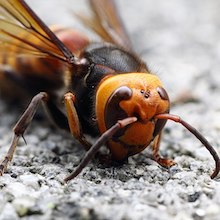
by Chris Tachibana | Jun 2, 2020 | ScienceWire
Murder hornets are indeed deadly, confirms Paige Embry in Scientific American. Stings from the Asian giant hornet can kill humans, Paige writes, but a major worry is the threat to our already fragile bee populations. Learn about how crucial North American bees are to...
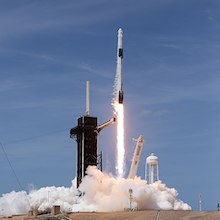
by Chris Tachibana | Jun 2, 2020 | ScienceWire
Alan Boyle has all the news from a busy week for NASA. For GeekWire, Alan reports on the historic trip of a US-made spaceship taking astronauts to the International Space Station. The launch of the SpaceX Crew Dragon was scrubbed at the last minute a few days before,...
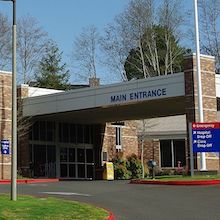
by Chris Tachibana | May 2, 2020 | ScienceWire
Erin Ross, for Oregon Public Broadcasting, shifts our perspective on COVID-19 from news about Seattle, New York, and other cities to rural communities. Hospitals in smaller towns worry about their capacity to treat seriously ill patients, of course, but they have...
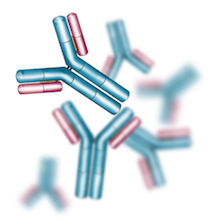
by Chris Tachibana | May 2, 2020 | ScienceWire
What do the rich have that most of us don’t? Bryn Nelson, for The Daily Beast, reports that tests for antibodies that might indicate COVID-19 immunity are available in some high-income neighborhoods and scarce everywhere else. The tests have a catch (or two)...
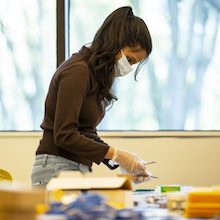
by Chris Tachibana | May 2, 2020 | ScienceWire
In her first feature for UW News, Sarah McQuate writes about a new but now common issue for both professors and students: online classes. Remote teaching is hard enough for lecture courses. How, Sarah asks, are professors reworking their classes with labs, fieldwork,...







